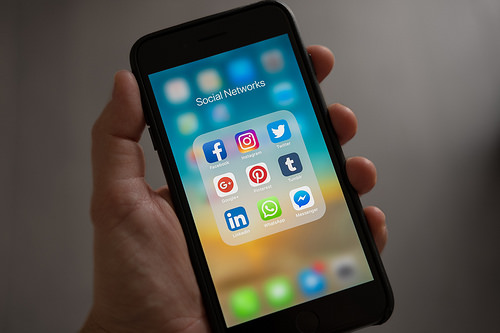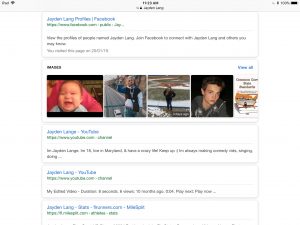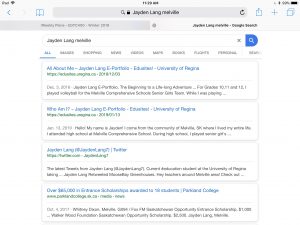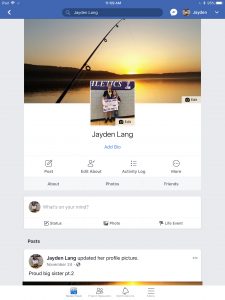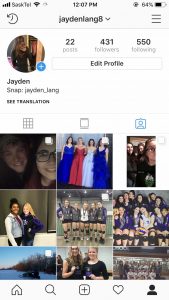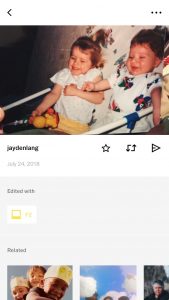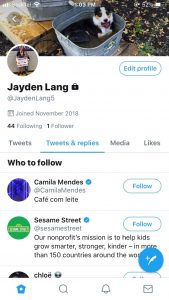William Shakespeare once wrote, “To be, or not to be” in Act 3, Scene 1 of Hamlet. While Shakespeare was certainly not talking about technology in the classroom and especially not talking about technology enhancing learning or not. I believe this quote relates to this debate because either technology enhances learning or it does not enhance learning.
To Enhance Learning
Ashlee argued in which technology does indeed enhance learning providing facts and statements which I agreed with. She also provided articles for us to read to help decide where fellow peers would sit in this debate. The first article, “As Technology Becomes Easier to Use, Our Depth of Learning Needs to Continue to Increase, ”by George Couros is an article I urge readers to read. Couros asks readers if they remember using a manual to set up their iPhone. I thought about this, and no I did not. I switched from Samsung to iPhone and even though the phones are manufactured and designed differently, I had no problem in setting up my iPhone without a manual. At Christmas, I received an iPad for Christmas, which was set up in 2 minutes. YES, YOU READ THAT RIGHT, IT TOOK ME TWO MINUTES TO SET UP AN IPAD! Technology has been made to be so user-friendly that it takes little time to set it up.

Couros goes on to say, “In many ways, this generation is better at technology than the previous generation, probably due to accessibility,” which is true for the most part. While some may not be able to afford technology, or keep up to date with technology as it is forever changing, most children growing up have access to technology. I was visiting family this past weekend and my three-year-old who can barely speak yet, is able to navigate an iPad, finding games she wants to find and selecting YouTube videos she wants to watch. My concern is, yes children have access to technology more than ever, but are we giving them access to it at too young of an age? Will they get sick of technology? Or become addicted and reliant on technology?
An article published by the Journal of College Teaching and Learning discusses the use of webcasts, recorded audio and Skype. If teachers record their lessons or allow students who are missing class participate via Skype, it could enhance learning because students would not be missing instructional time. Even better, watch this video to see how video chat is connecting people across the world, words cannot explain it, it’s too beautiful to describe.
Not to Enhance
Now let’s flip the switch, to the dark side. Literally, though, the first article Raeann provided to us for her side of the argument is called “The Dark Side of Educational Technology”. The article mentions the cost of technology. While schools may be struggling with budgeting for technology, parents may be too. I recently learnt of a school which requires parents to purchase some form of technology for their child to use for a “tech hour”.

This may put parents in a predicament if they are not able to provide this technology, ultimately affecting the student’s learning. The same article asked the question “But what happens when the students go home?”. With this question, the author goes onto explain how some students may not have access to the internet. I would like to add that some students have no access to technology once they walk out of school. Does that enhance learning if the student is to make a video project but has no access to the technology required?
The article brings up the idea of students using technology for cheating. I am in between about this topic. For one, teachers can choose for students not to have their cellphones or other electronics with them for a test if they wish. Teachers can simply ask students to lay their desks on a table at a front or implement a cellphone bucket. When it comes to plagiarising papers, a high school teacher told me “If a student is to plagiarize, you will know because you become familiar with their style of writing”. While it may prove to be difficult for some teachers to be familiar with all their students writing, there are websites available for teachers to use that simply require the teacher to submit the writing onto the website and it will search the internet for the entire paper.
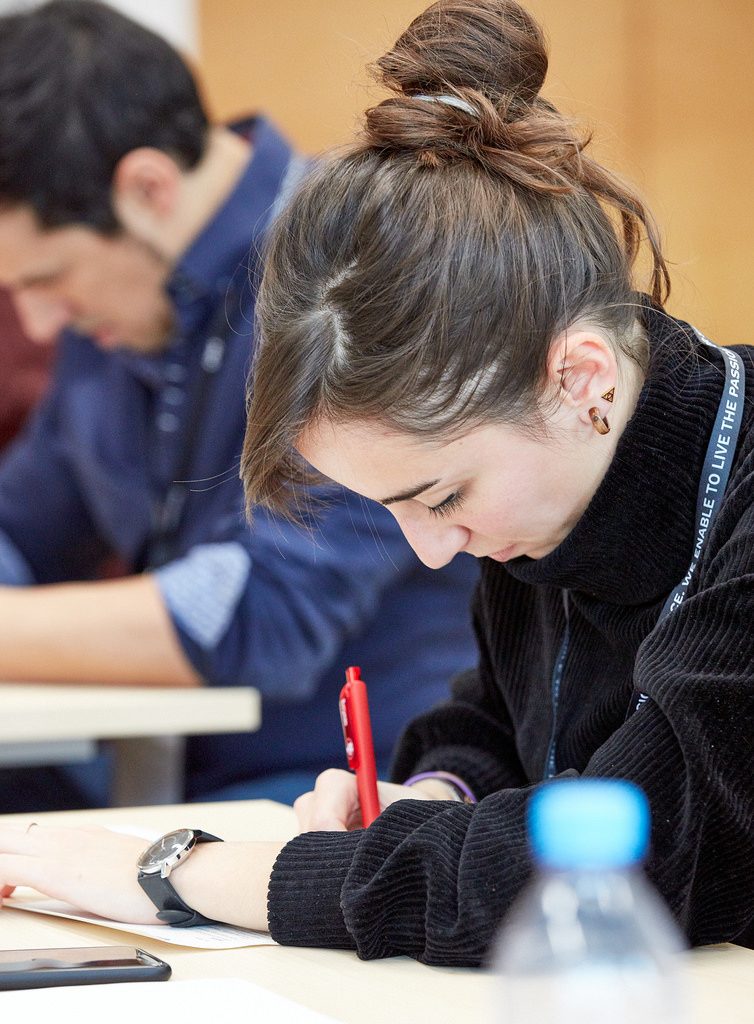
Lastly, one last article mentions how students’ needs may not be met if technology is used for learning. The article explains “Many students learn physically and mentally interacting with what they are studying”, providing examples. Students vary in learning styles whether it be hands on, visual, or another form. Is it okay for teachers to be able to teach about the outdoors by an interactive app? Would students get to know rock texture varies with different kinds of rocks from seeing pictures on a tablet? I’m assuming the answer would possibly be yes but it would be more beneficial for students to take a walk outdoors to learn about it. That is, unless it is January in Saskatchewan where we are on week 2 of -20 temperatures.
The Verdict
While I see the enhaincing side of technology in the classroom, I am able to see the downside as well. For this debate, I will leave you with a question to ponder… Do you believe students will grow tired of using technology in the classroom because they use it so often and want a break? Finally, the side I favour in this debate is the side where technology does not enhance learning in the classroom.
Thanks for reading,
- Miss. Lang

